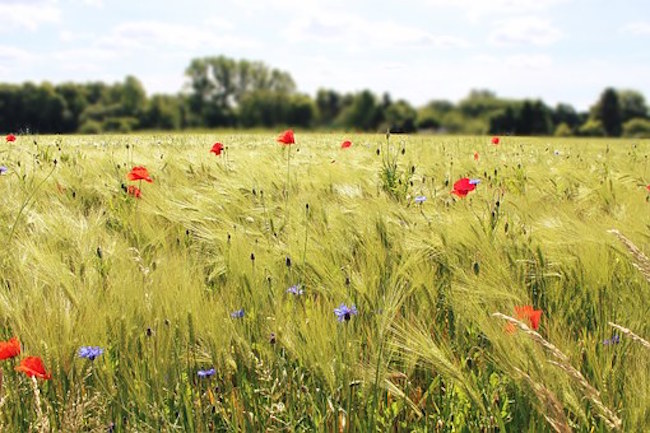Some sackcloth and ashes can do us all good – that’s why I love Lent by Dawn Foster for The Guardian
In our fast-paced world of hyper-consumption, this period is a welcome chance to practise restraint and self-reflection, whatever your beliefs

It’s Shrove Tuesday, and by fortuitous circumstance, I’m in Brussels – home of crepes, frites and endless television segments on Brexit – for a conference. The city is perfect for the beginning of the period of fasting then feasting, and saves me the stress of attempting to flip pancakes. Last night, my parish hosted a baking contest to celebrate the advent of Lent, sharing wine and cake before we enter a more sober period of spiritual decluttering and fasting.
Christmas might be the festival that captures public attention in an increasingly secular society, but Easter is particularly resonant for many Christians. The frenetic lead-up to the festive period seems to comprise little more than a never-ending to-do list and a series of work parties. Easter is quieter, centred on anticipation; it forces you to engage in self-reflection and mental self-flagellation, and hopefully you’ll emerge a better person.
Modern asceticism seems to have been embraced with particular enthusiasm by millennials: many of my WhatsApp conversations include a casually dropped: “What are you giving up for Lent?” While older friends noncommittally mention cutting down on chocolate, tea or coffee, people my age seem more extreme, and serious, in their choices: quitting Twitter, no alcohol or smoking (as in my case), becoming vegan, or even looking into fasting regimes previously practised by monks. My gang who come together for holy days and Easter vigil are all younger: even friends who have never been involved in regular church-going tentatively ask questions about services, theology and reading, and “where to begin” if they wanted to understand why people believe.




